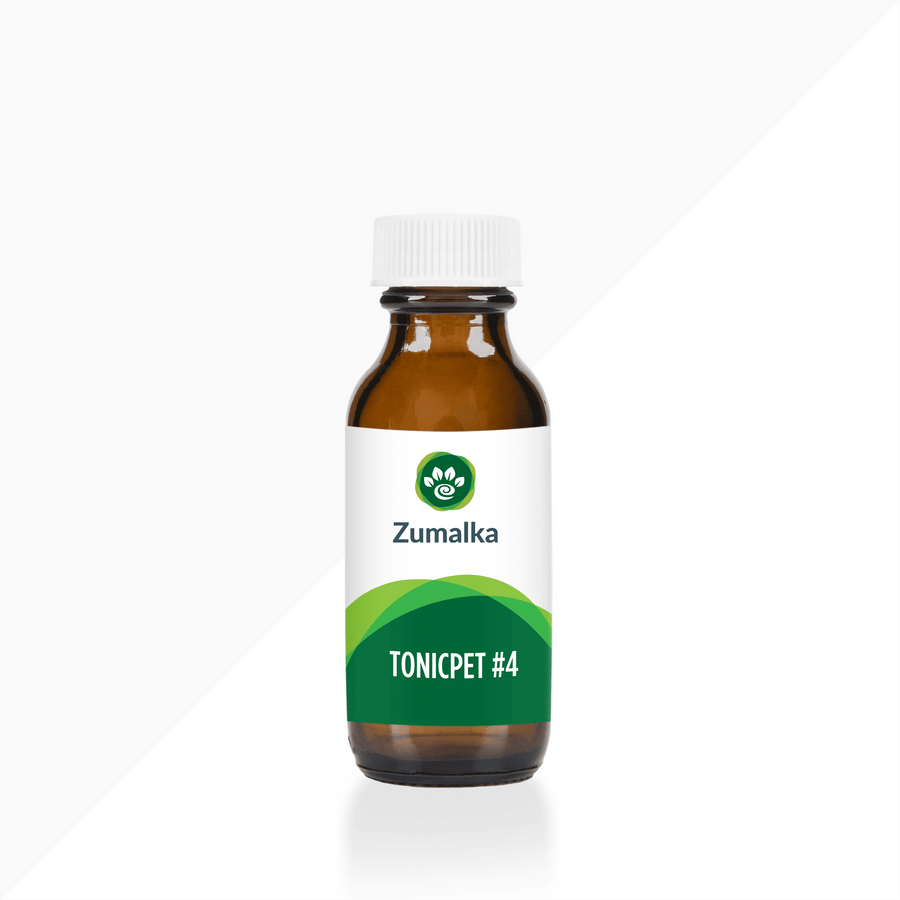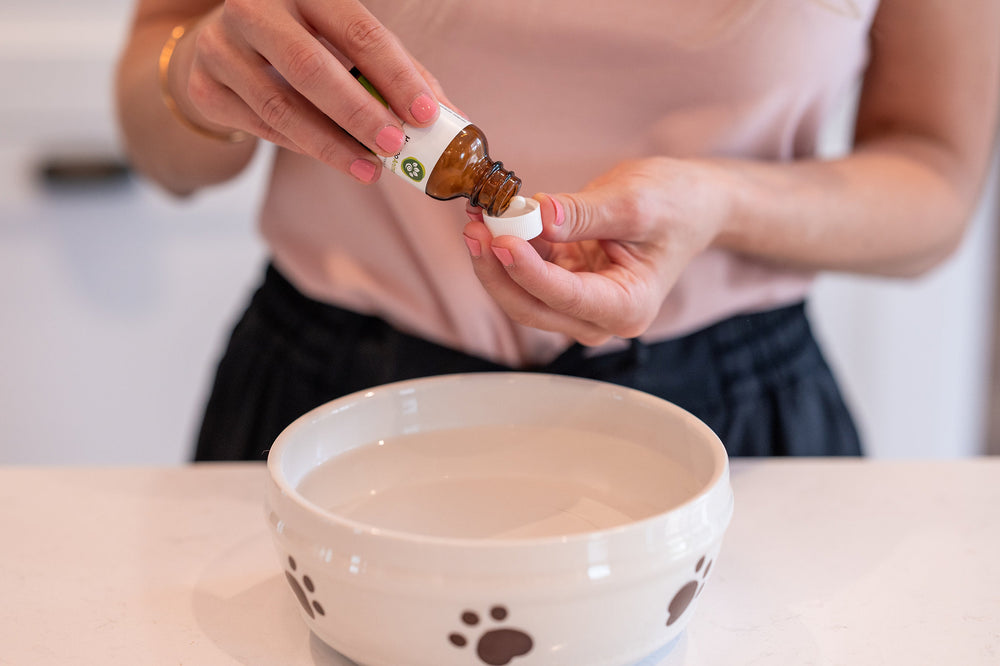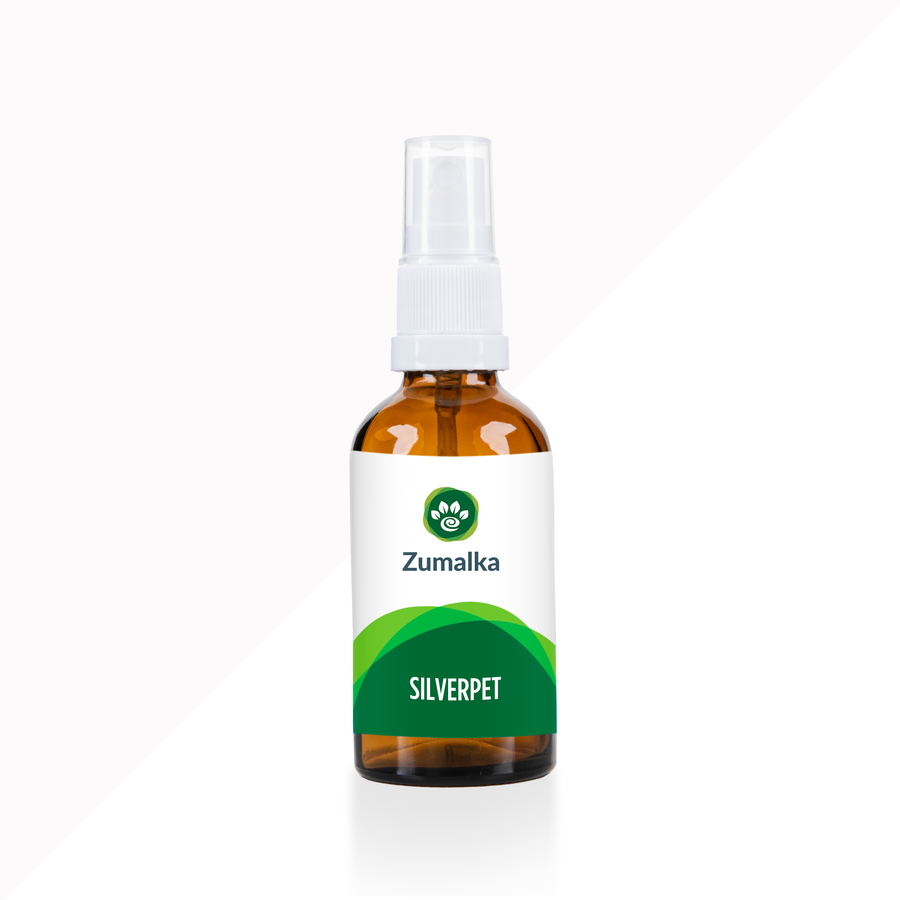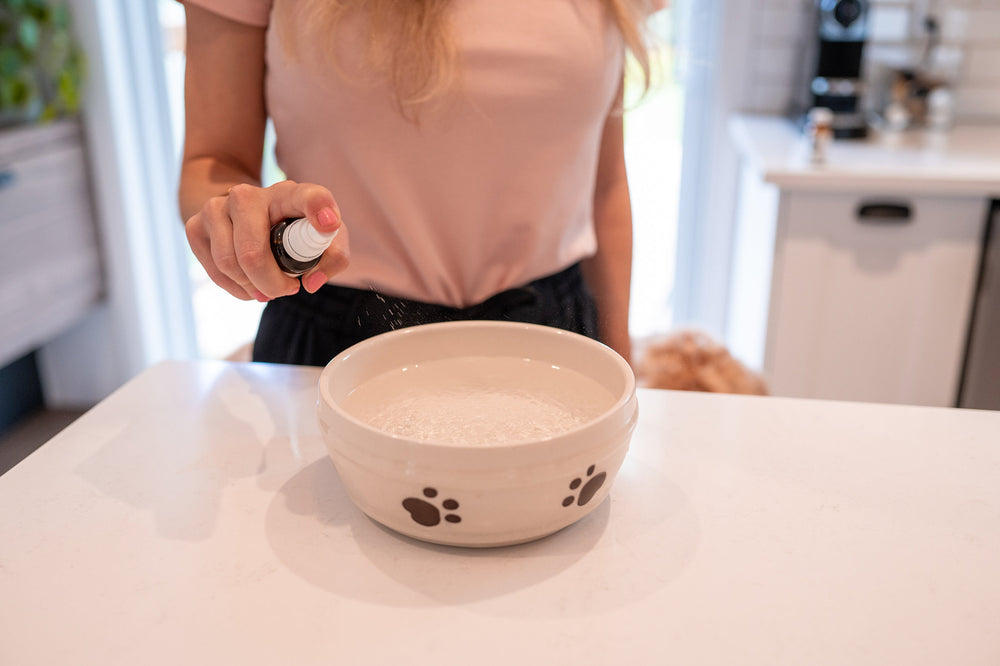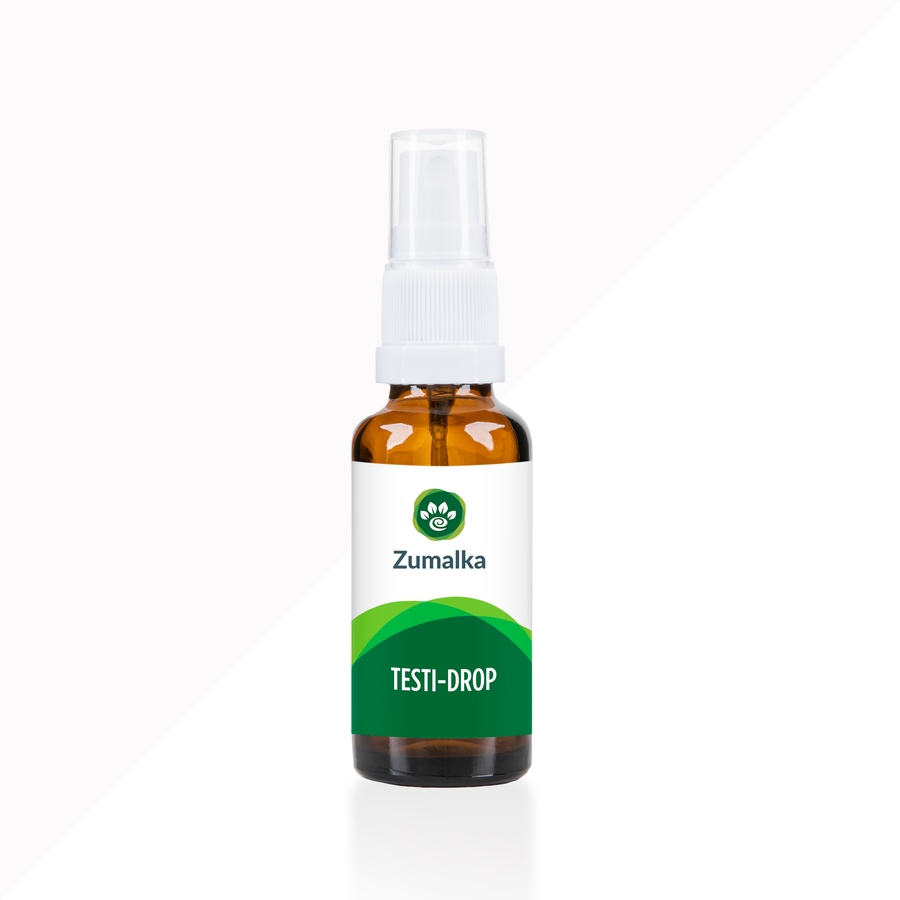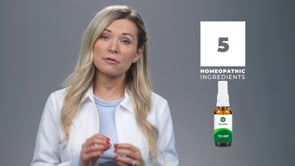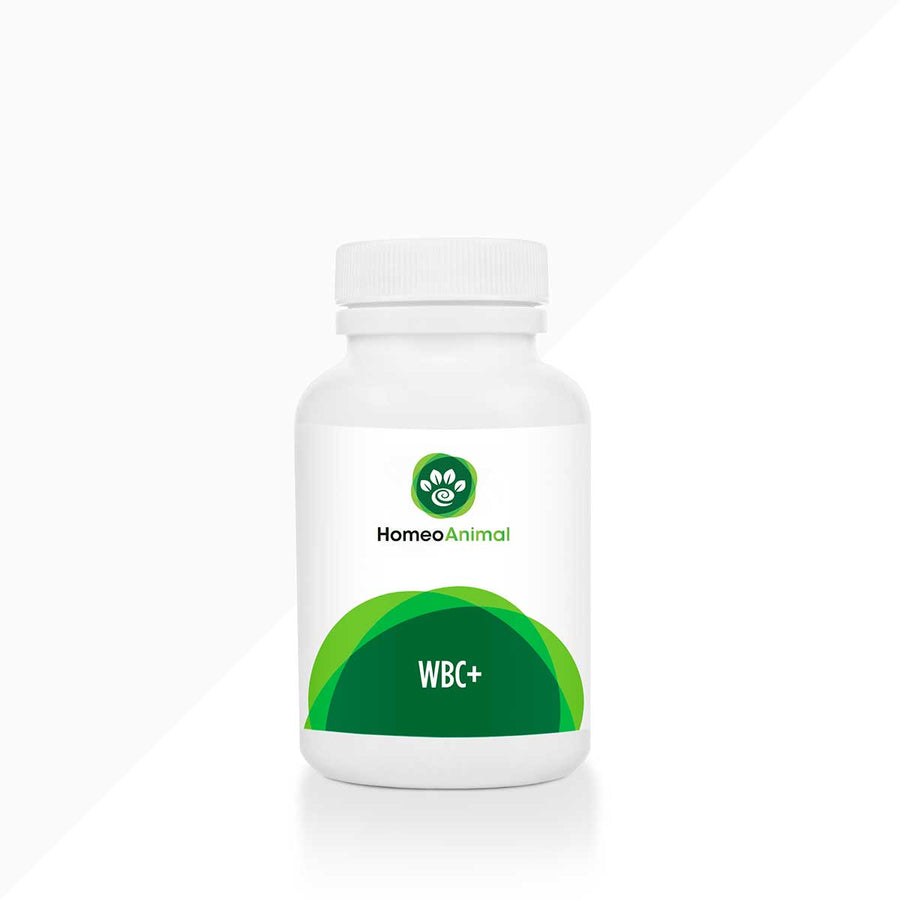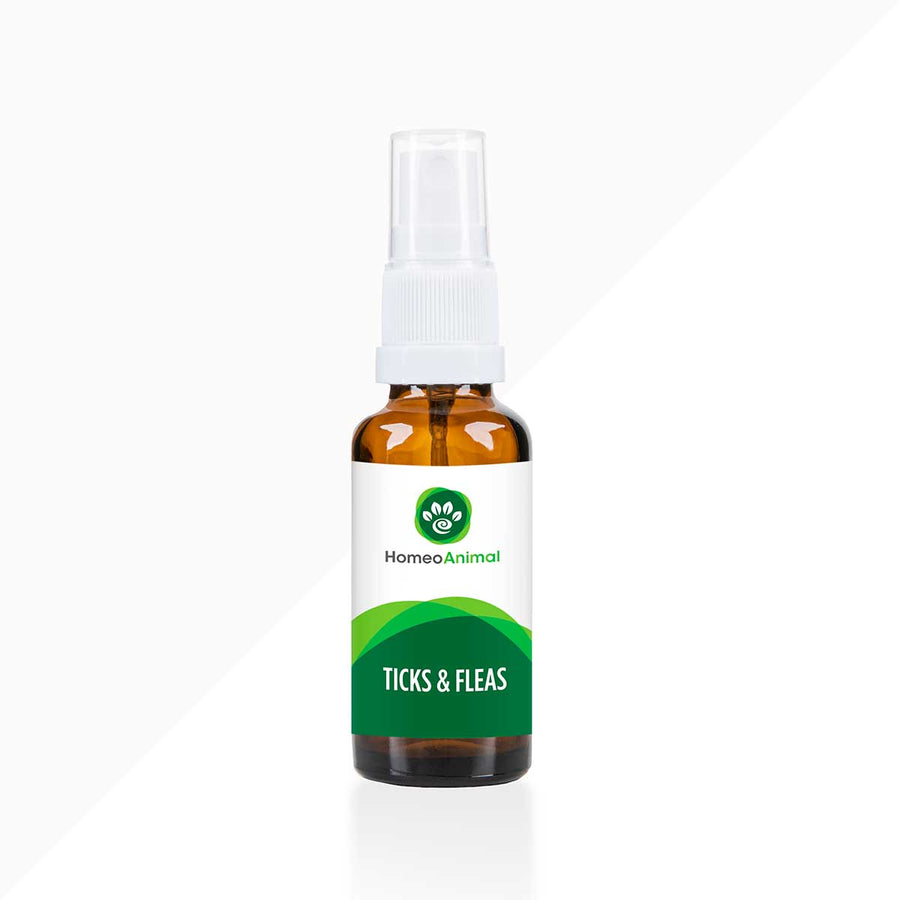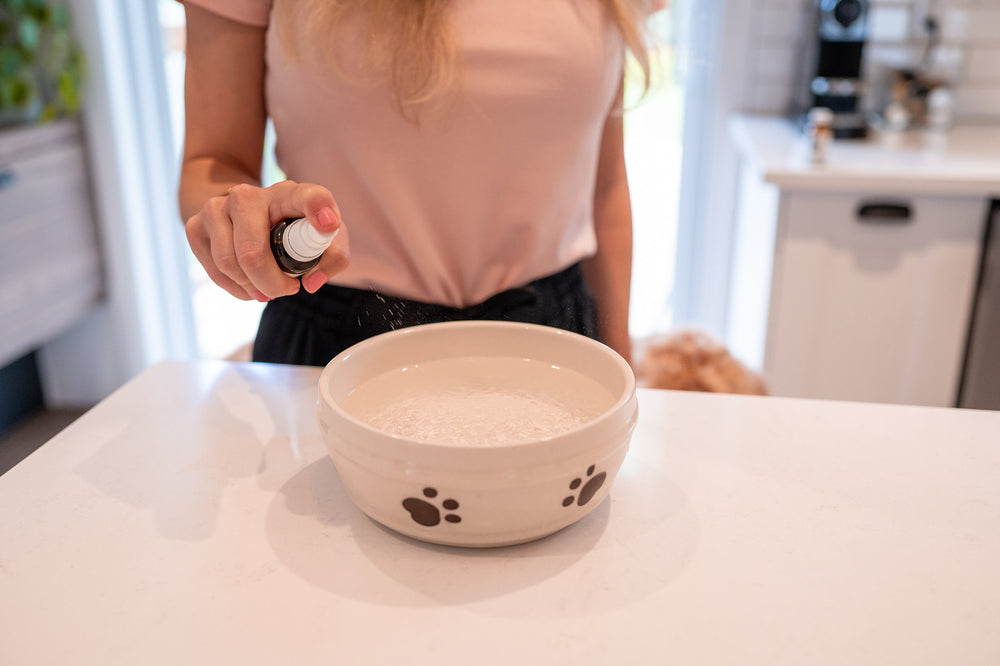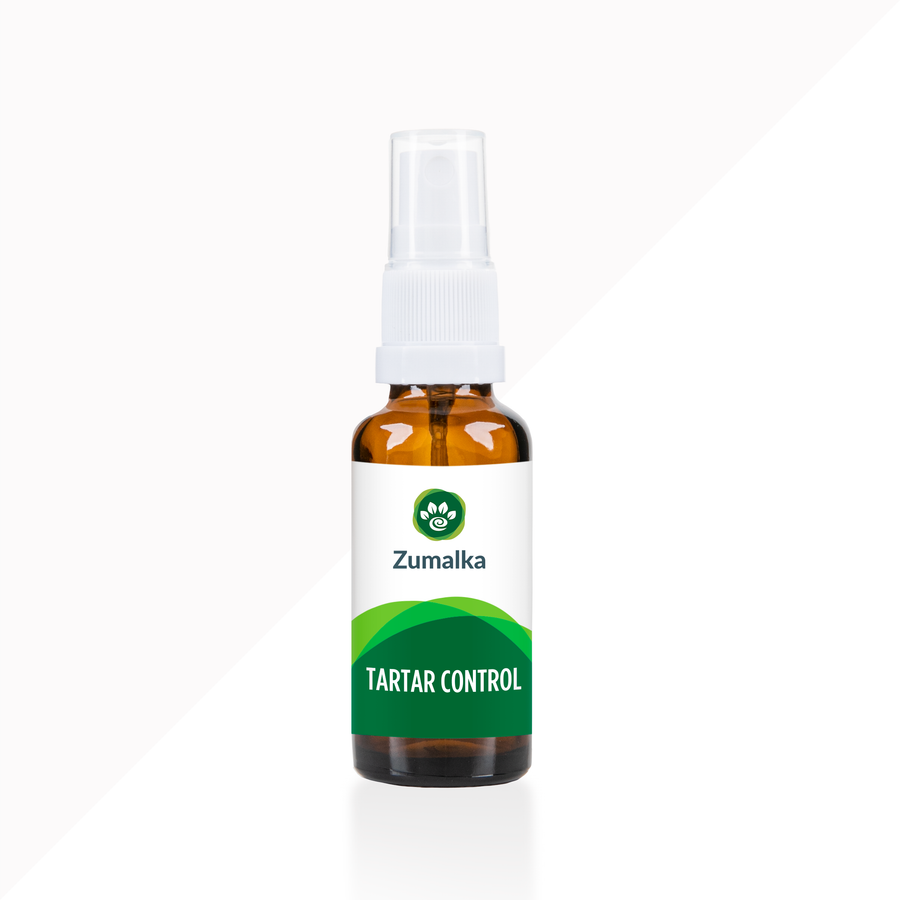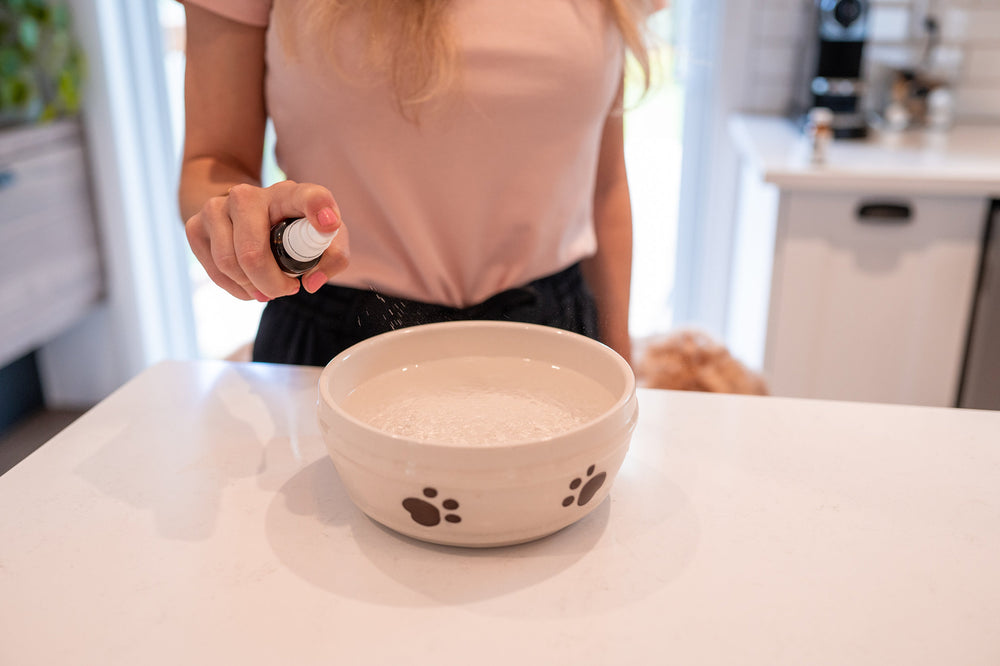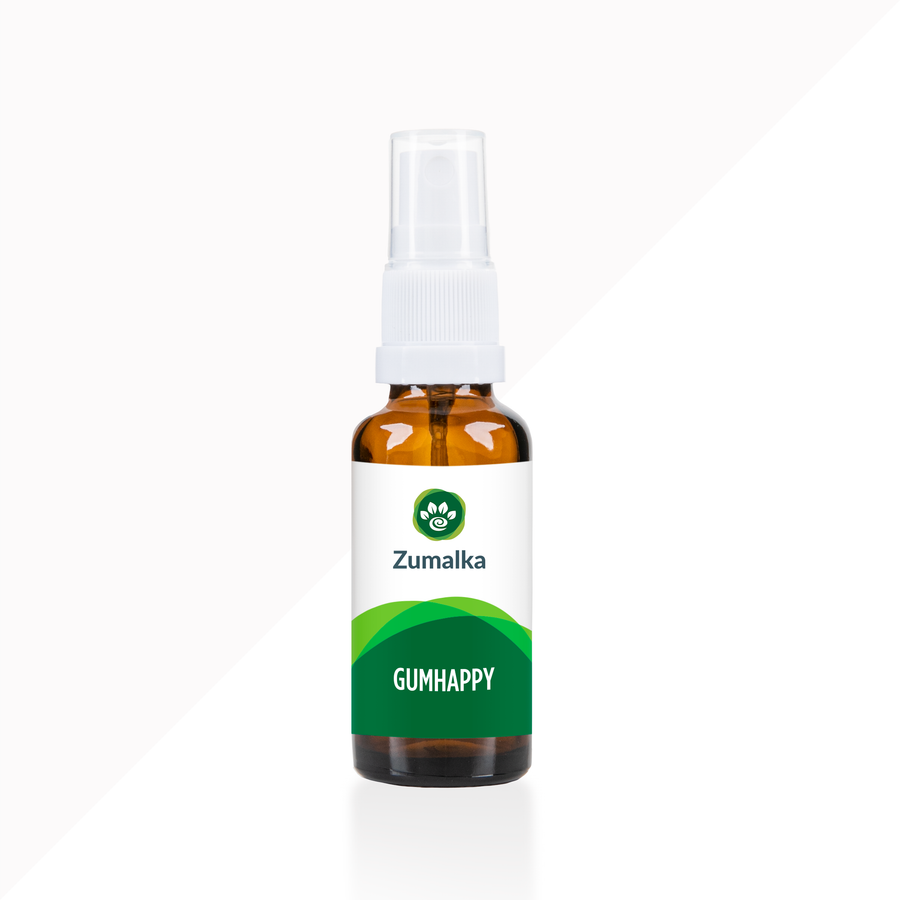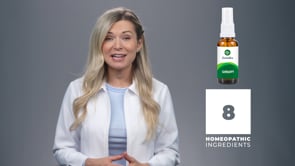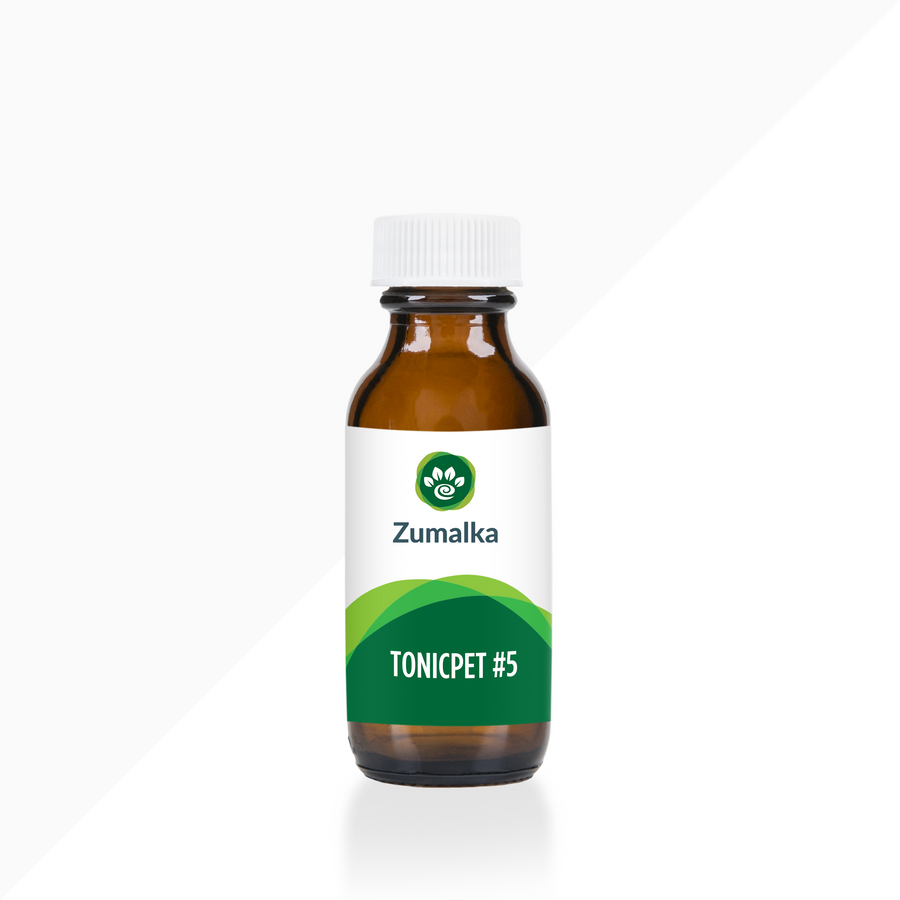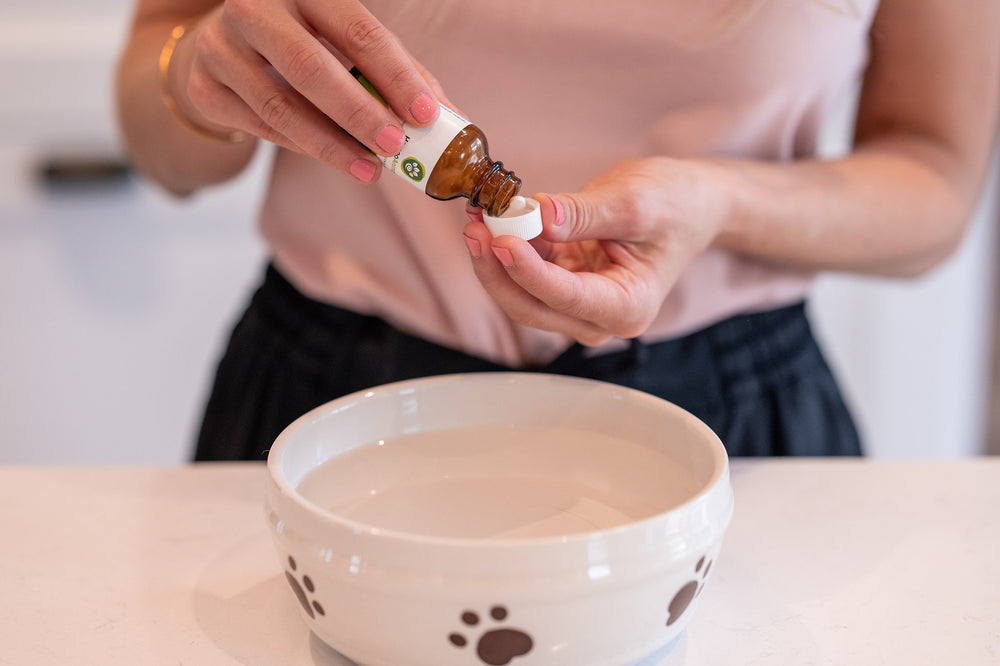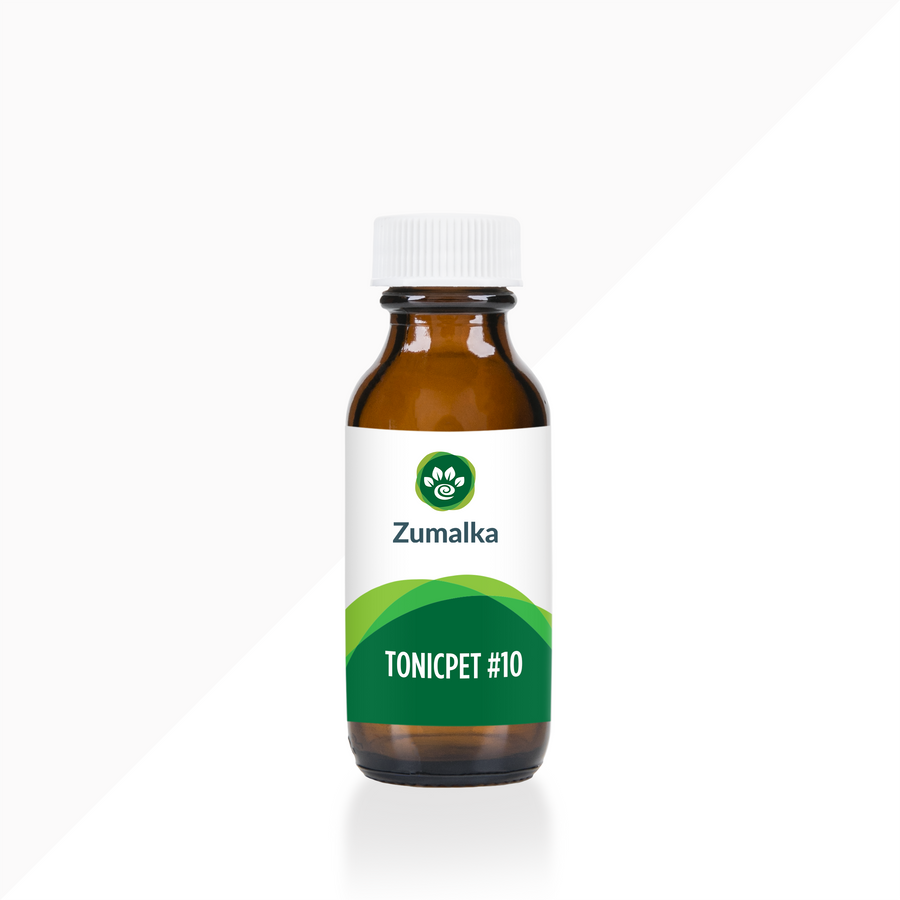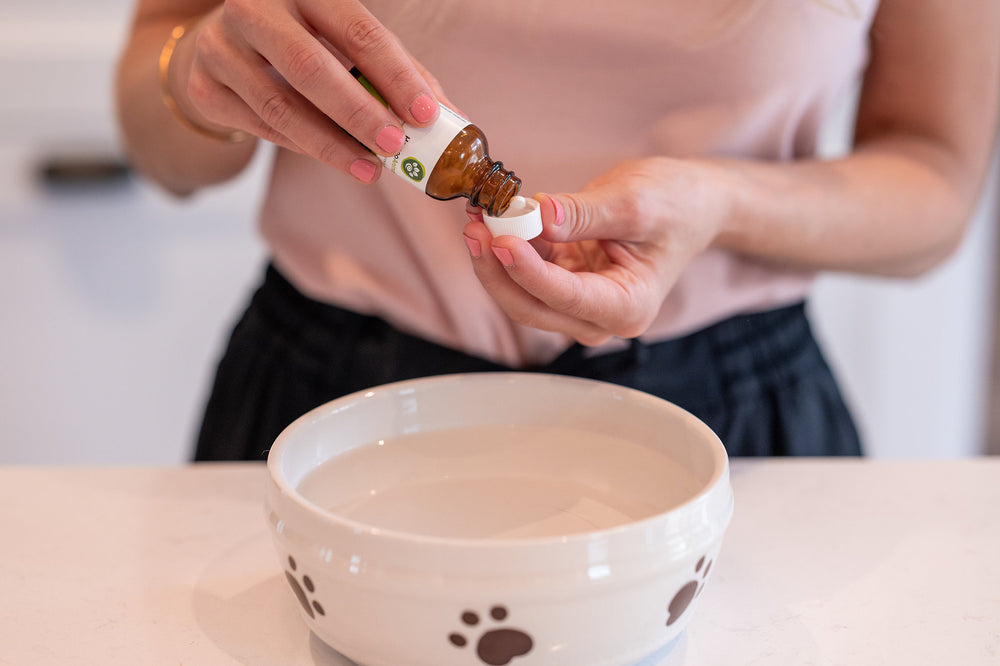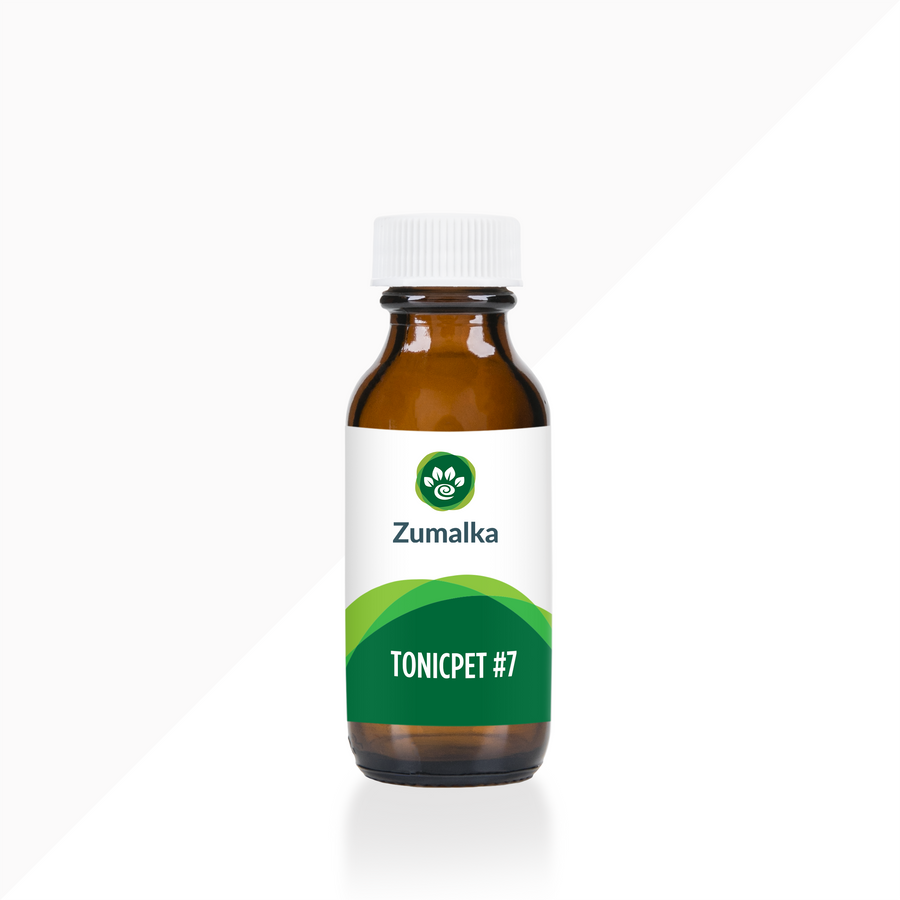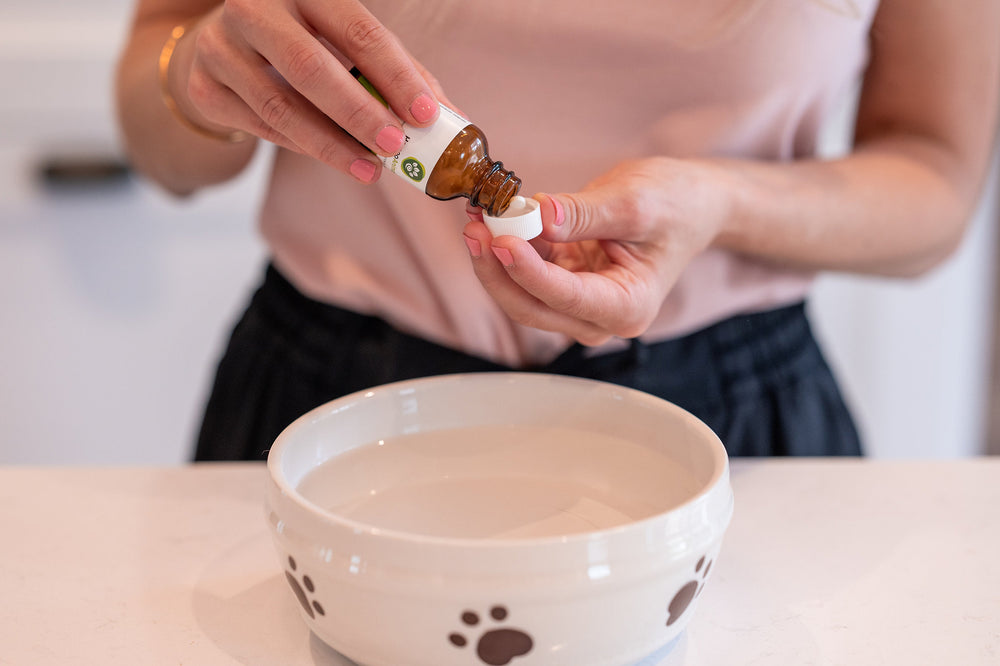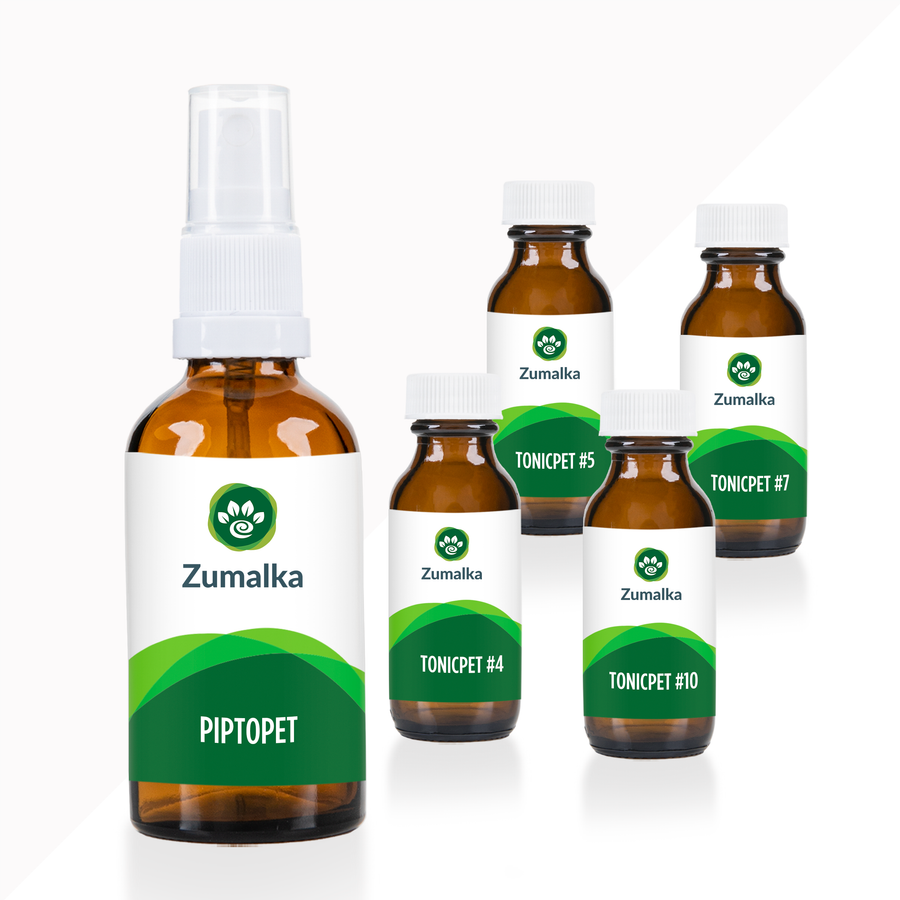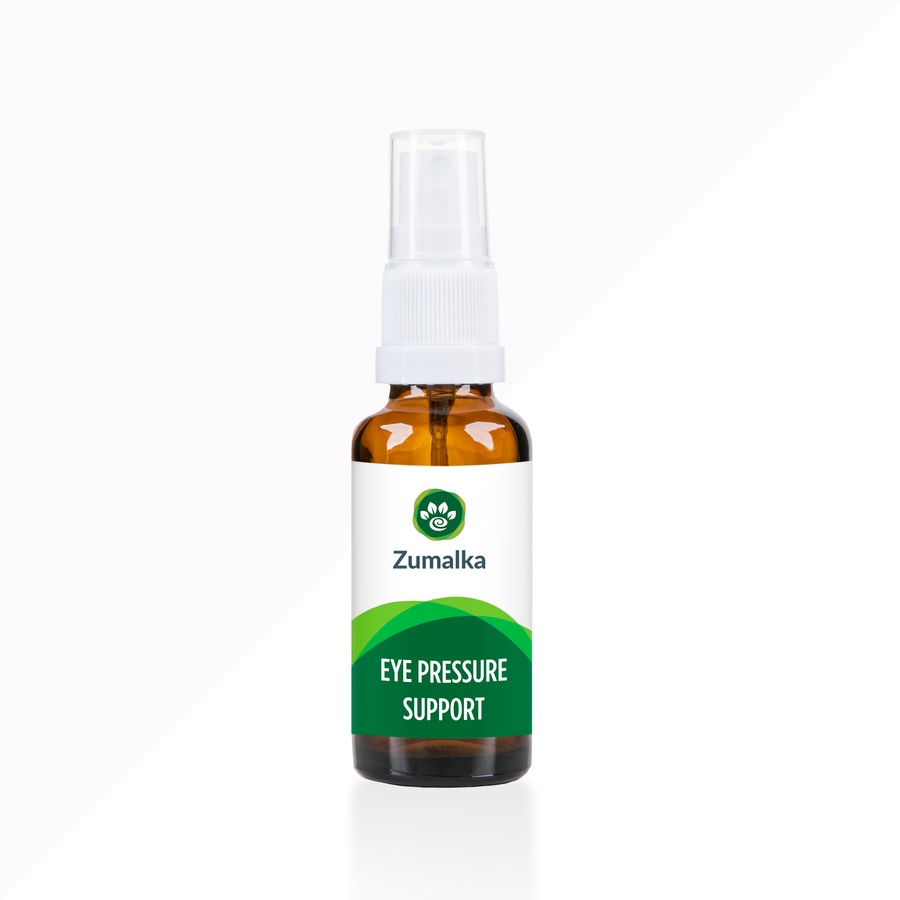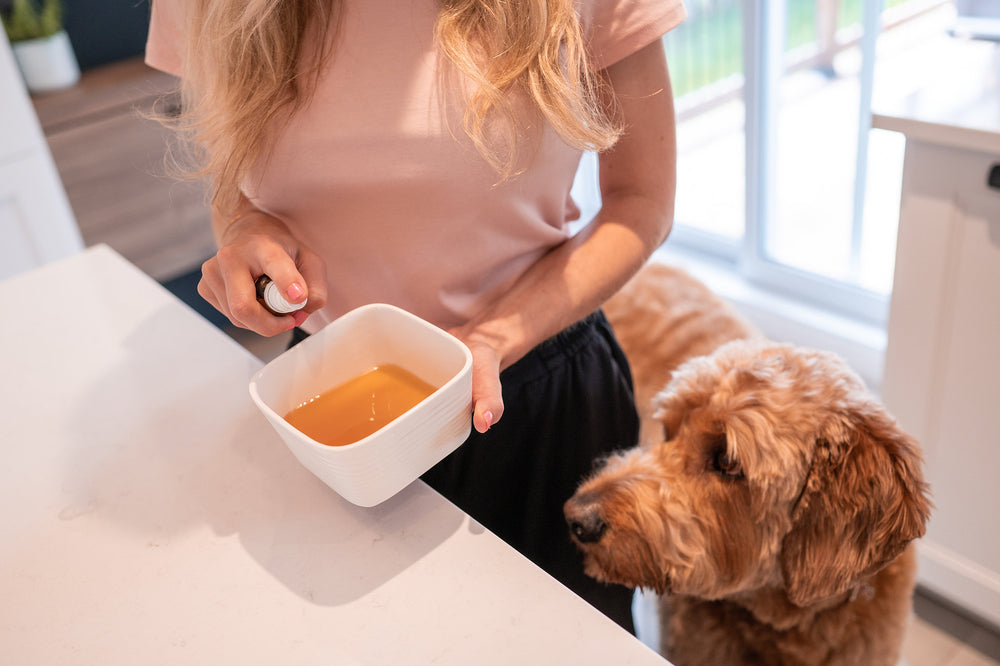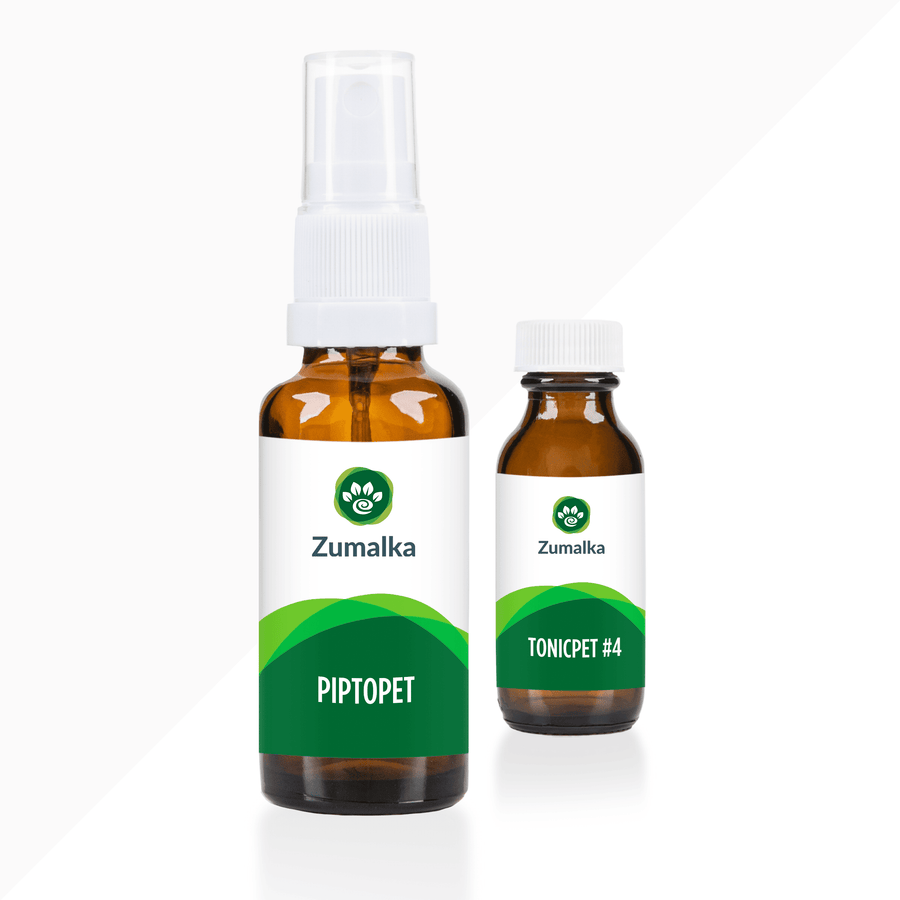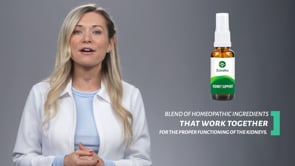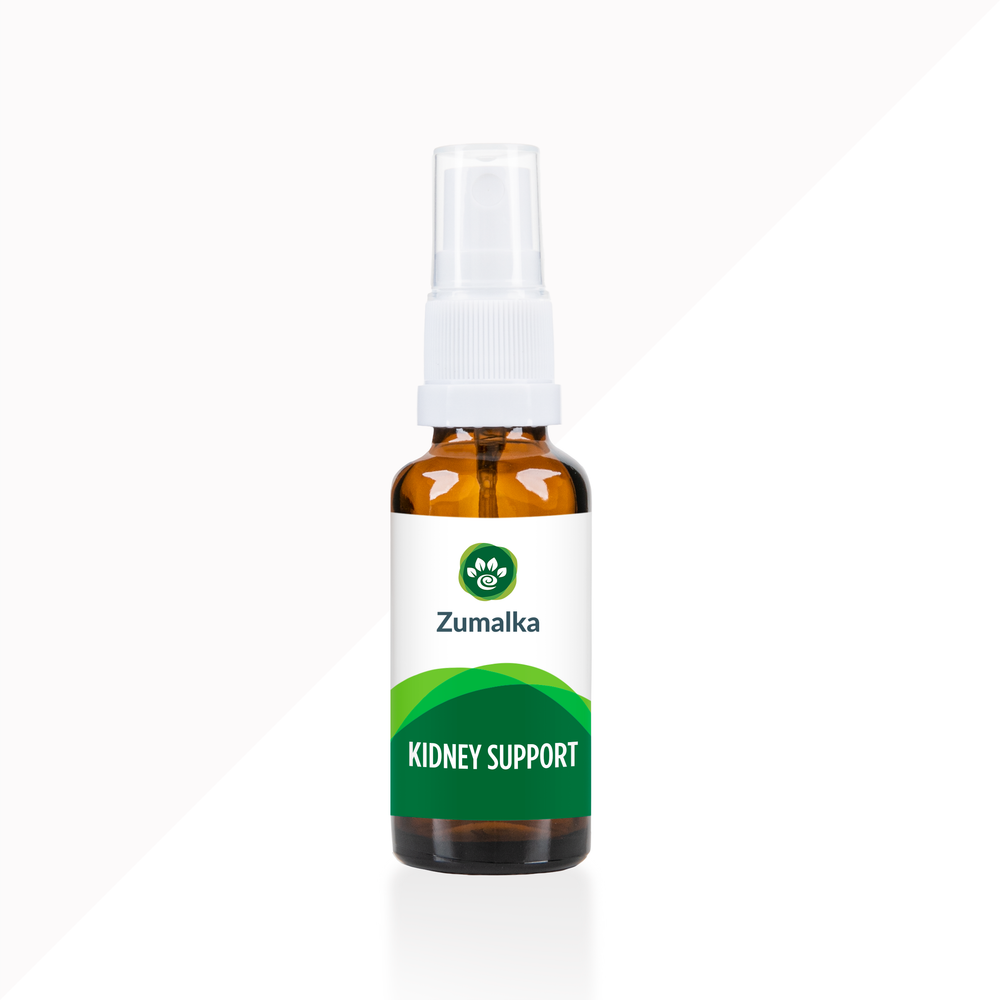USA: 1-855-999-7609 | International: 716-989-0999 | Money-back Guaranteed
Important Update:
Due to new U.S. customs rules (end of de minimis), all U.S. orders are currently shipped with DHL only. You won’t have to pay any extra customs or brokerage fees—everything is covered in your order total.
USA: 1-855-999-7609 | International: 716-989-0999 | Money-back Guaranteed
Important Update:
Due to new U.S. customs rules (end of de minimis), all U.S. orders are currently shipped with DHL only. You won’t have to pay any extra customs or brokerage fees—everything is covered in your order total.
Subscribe today to hear first about our sales
Useful Links
Our Natural Products
Useful Content
Blog Post Categories
Useful Guides for Your Pet
- The Ultimate Guide To Pet Adoption
- The Ultimate Guide to Dog Training: Dog Training Secrets Every Pup Parent Should Know
- Complete Guide to Dog Cancer: Types, Symptoms and Treatments
- Kidney Failure in Dogs: The Complete Guide – Causes, Symptoms, and Solutions
- The Definitive Guide to Identifying and Treating Dog's Gum Disease, Gingivitis and Periodontal Disease
- The Ultimate Beginner’s Guide to Raw Dog Food
© 2025 Zumalka
















